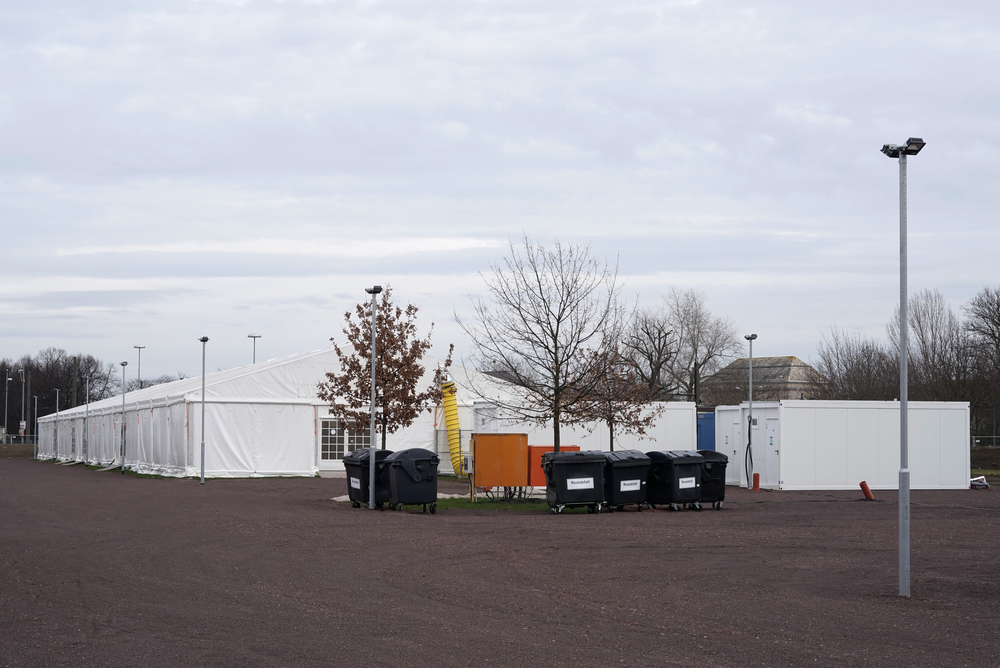Fewer beds for refugees as councils act on pledge to scrap rules

The number of beds available for asylum seekers in the Netherlands may have fallen by 1,500 in the two days since the next Dutch government pledged to overturn legislation requiring all local councils to provide accommodation for their fair share of people.
Erik van der Burg, the junior minister who drove through the legislation, told reporters on Friday that the expected decline is a direct response to the plan by the right-wing government in waiting to withdraw the law.
While some local authorities have said they will keep on pressing for places, “I have noticed that some are saying ‘as we don’t have to do it, we won’t do it, or we will do less’,” he said.
Nevertheless, he said, the legislation remains in place, despite the publication of the new coalition’s plans. “Everyone has to continue putting the law into practice, until it is withdrawn,” he said. “With or without the law, we have to make sure that people don’t end up sleeping on the grass.”
Van der Burg said his job would be tougher in the coming month, but that this applied equally do the refugee settlement agency COA, local councils who want to help and the Red Cross.”
A large proportion of the Netherlands’ 342 local councils have not provided any accommodation for refugees, whether permanent or temporary.
The tough approach to asylum signaled by the new government will have a “deterrent effect” on new arrivals, PVV leader Geert Wilders told reporters following the publication of the coalition’s plans on Thursday.
The coalition partners have drawn up what Wilders says is the “toughest” package of rules ever, including the implementation of an asylum crisis law, which will allow some legislation to be suspended. It also hopes to win concessions from Brussels.
“I hope this will have a deterrent effect on people and demotivate people to come to the Netherlands,” he said. “We let everyone in, and we give more people residency status than most other EU countries.”
Likely impact
But he failed to answer questions about the what the new plans would mean for asylum seekers already in the country, saying instead that young Dutch people would find it easier to get a house.
In reality, refugees are only allocated a small promotion of social housing in the Netherlands and accounted for just 6% of new rent-controlled housing corporation tenants in 2021, according to research by national statistics agency CBS.
The nationwide housing shortage means thousands of refugees who have been granted residency rights remain living in accommodation meant for people whose cases have not yet been assessed.
Currently, almost 20,000 refugees with a residency permit are still living in centres meant for new asylum seekers because of the lack of available housing. That is a rise of over 3,000 on the start of the year.
Thank you for donating to DutchNews.nl.
We could not provide the Dutch News service, and keep it free of charge, without the generous support of our readers. Your donations allow us to report on issues you tell us matter, and provide you with a summary of the most important Dutch news each day.
Make a donation